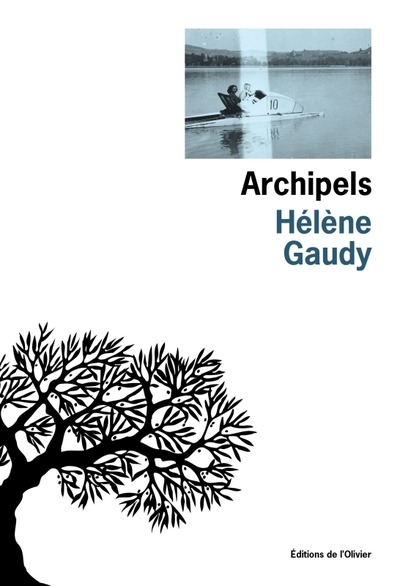Archipels by Hélène Gaudy

This is a spare and gorgeous meditation on Gaudy’s father, on family and memory, and on the landscapes that are intertwined with our identities. Gaudy retraces her father’s steps from an island in Louisiana that shares his first name, to Algeria, to France. “Every family is an island,” she writes halfway through the book, “an ecosystem, enriched or disturbed by invasive species, an island whose roots nestle deep in the water. If you put your hand into the water at its surface, it forms backwash, concentric circles. If you do not lack energy and patience, the wave transforms little by little into darker layers, and the ones that seemed to have hardened like blocks of amber show signs of the movement which perturbs them – always acting, deep underneath our feet.”
She slowly teases out the portrait of her father. He appears in anecdotes, details, in his tendency towards hoarding, and his own art. It reminded me in that sense of Liliana’s Invincible Summer by Cristina Rivera Garza. Both books are invested in reconstructing the story of a person, of what their life was, of what it could have been. Her father tells her when he is alive that he has no memories of his own childhood. They have all been suppressed. Gaudy plunges into the void. Her grandfather fought in the French Resistance, her father arrived in Algeria as a young teacher in 1961. Personal histories emerge uneasily from geopolitical earthquakes.
Archipels is shot through with sadness, but above all it is intimate and lyrical. It summons poetry from ordinary landscapes or familial moments. It does feel like the description of an ecosystem in the end, one where each tremor or incursion becomes a breach, one that echoes across generations.
Archipels, Hélène Gaudy, Les Éditions de l’Olivier.
Click here to purchase this book with us.


